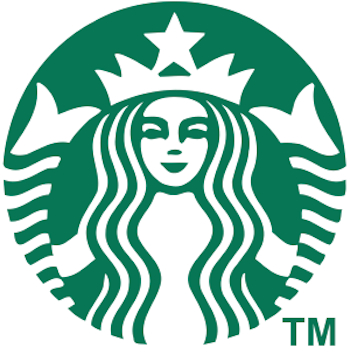Multinational firms have been accused of “Immoral” practices to avoid paying their fair share of tax in UK. Multinationals however use clever accounting to maximize their profits, and say they avoid new tax rules legally. The world’s biggest enterprises including Amazon, Starbucks, Apple, and Google pay minimal tax in Britain.

Top law firms however, warned that new tax rules could encourage retaliation against UK businesses trading overseas including in India and China. Top accountants claim the levy is unlikely to be paid as companies restructure to ensure profits are not diverted.
In India, More than 20 companies including Bharti Airtel Ltd, two Essar Group firms, HSBC Securities, Patel Engineering Ltd and Havells India Ltd, are contesting transfer-pricing tax orders in a similar way to Vodafone and Shell, experts said.
Transfer pricing or “clever accounting”, relates to transactions between two entities within the same group – usually located in two different countries. A dispute over transfer pricing arises when the authorities suspect that the deal hasn’t occurred at an “arm’s length” basis, whereby commercial considerations have been undermined because of preferential treatment extended to a group entity. The “arm’s length” principle assumes that the two parties involved in a transaction are acting as independent entities and negotiating on an equal footing.
In India last year, The Bombay High Court ruled in favour of the Indian arm of Royal Dutch Shell PLC in a tax case that made waves internationally. The transfer pricing tax order passed against Shell stemmed from the alleged undervaluation of the shares issued by Indian firms to their parent companies.
.
The case arose from two transfer-pricing adjustments made by the income-tax (I-T) department of Rs.15,000 crore (£150m) and Rs.3,000 crore (£300m) for 2007-08 and 2008-09, respectively, to the taxable income of Shell India Markets Pvt. Ltd. Earlier, the Bombay High court had ruled in favour of the Indian subsidiary of Vodafone Group PLC in two similar cases of transfer-pricing adjustments of over Rs.4,500 crore (£450m made by the I-T department. The transfer-pricing tax orders passed against Shell and Vodafone stem from the alleged undervaluation of the shares issued by the Indian firms to their parent companies. Both subsidiaries were private and either wholly or mainly owned by the parent.
Google reduces its burden by using subsidiaries in the low tax economies of Ireland and Bermuda, and paying tax there. It claims all its sales are made in Ireland although dozens of advertising staff are based in UK.
When British firms agree to pay Google for advertising, the deal is processed in Ireland where taxes are lower. Much of Google’s income ends up in Bermuda – an offshore tax haven.
Starbucks whittled-down the “profitability” of its UK division by registering the rights to its brand and logo to a holding company in The Netherlands. For every cup of coffee sold in the UK, the company pays a 6% royalty fee to its Dutch counterpart. It also reduces UK profits and its liability for tax by buying and roasting coffee overseas.
From April 2015, Multinationals including Google and Facebook may face a 25% tax on profits generated from their economic activities in the UK.
The Chancellor said the levy will raise just £1.3bn over the next five years. Looking ahead, Britain will have an £8bn digital advertising market for the first time in 2015.

